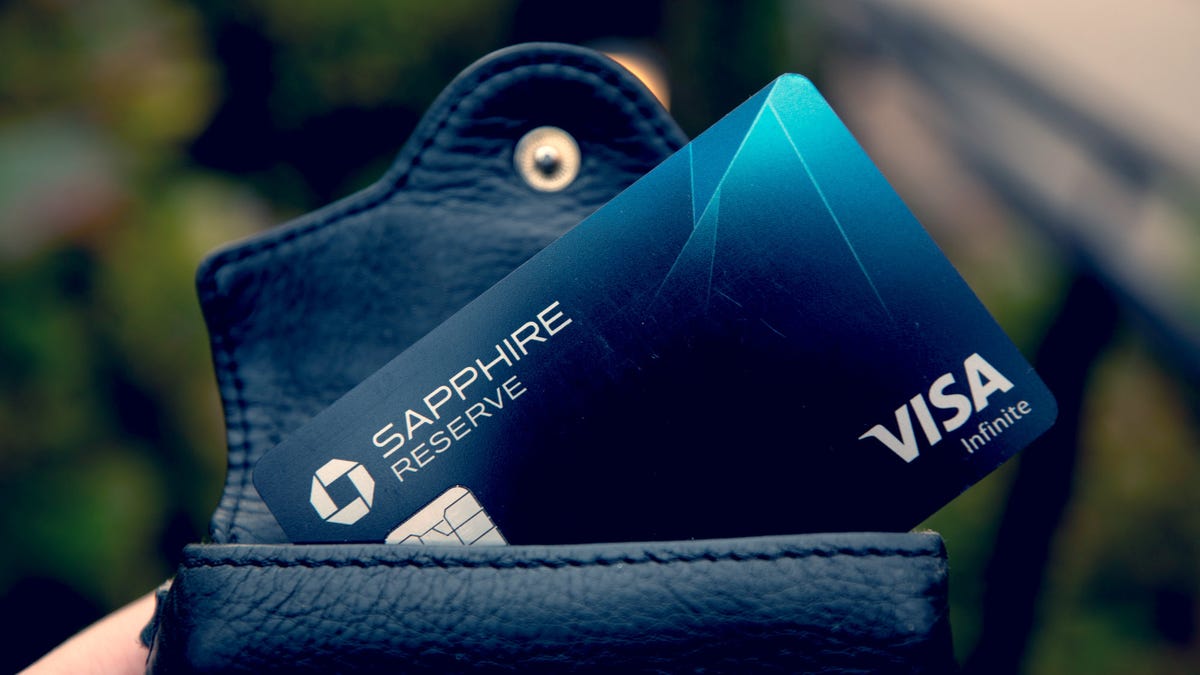Are the New Chase Sapphire Grocery Rewards Worth It? - 3 minutes read
 Photo : Nicole Glass Photography ( Shutterstock )
Photo : Nicole Glass Photography ( Shutterstock )Chase Sapphire credit cards have pivoted from travel to groceries in their latest Ultimate Rewards update, which makes sense as travel has ground to a halt and grocery spending is up 17% during the pandemic. The points you can earn for the new bonus grocery category is pretty good value—though not the best on the market.
Advertisement
Earn 2-3x points at grocery stores
Sapphire Preferred already offers 2x points for every dollar spent on travel and dining, while the fancier Sapphire Reserve offers 3x points for those same categories. Both cards offer one point per dollar spent on all other purchases. The new addition—a grocery store category—runs for a limited time, from Nov. 1, 2020, through April 30, 2021, with the following points breakdown:
Chase Sapphire Preferred cardholders earn 2x on up to $1,000 in monthly grocery store purchases.
Chase Sapphire Reserve cardholders earn 3x on up to $1,000 in monthly grocery store purchases.
Advertisement
As there’s a cap at $1,000 in grocery spending each month, you can earn a total of 2,000 points with the Preferred card and up to 3,000 points with Reserve.
According to The Points Guy’s latest valuations, each Ultimate Reward point is worth two cents, which means you’d be redeeming $40 and $90 in value each month. Not bad at all.
An 80,000 bonus points offer
Concurrently, Chase is offering an impressive 80,000 bonus points if you spend $4,000 on purchases in the first three months after opening a Preferred card (Reserve is offering 50,000 points). According to T he Points Guy this could be as much as $1,600 in value.
Advertisement
Chasing bonus points isn’t always a good idea, however. You’ll want to factor in the annual fee for each of these cards—Preferred is reasonable at $95, whereas the Reserve is much more expensive at $550, as it has premium perks better suited to power users. Check out this Nerdwallet breakdown of the perks and see if your spending behavior aligns with what’s being offered.
Expanded ‘Pay Yourself Back’ feature
Chase also expanded the scope of its “Pay Yourself Back” feature, whereby card members can now redeem points in the Ultimate Rewards portal to pay off grocery purchases in their statements at a discount (25% for Preferred and 50% for Reserve).
Advertisement
Travel credit
The Chase Sapphire Reserve includes a $300 annual travel credit, but that’s o bviously not as valuable during a pandemic, so cardmembers can now use their $300 annual travel credit towards gas and grocery purchases as well.
Advertisement
Bottom line
The Sapphire is regarded as one of the better travel cards, and the added grocery category is pretty good value, though it won’t beat the American Express Gold or Blue Cash Everyday if you’re looking for a dedicated card for your grocery purchases. If you do a lot of in-store shopping and still manage to travel, the Sapphire could be a good card for you.
Source: Lifehacker.com
Powered by NewsAPI.org